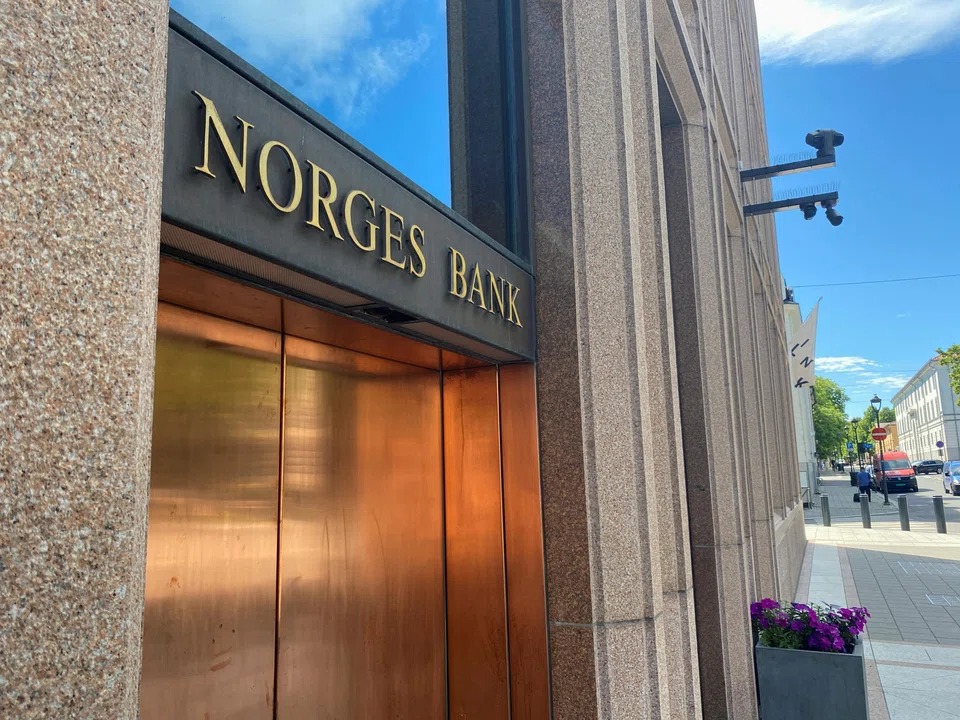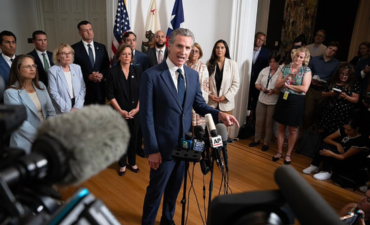This week’s stories are about tech, chips and sustainability, coming from Norway, Taiwan and the USA
1-TSMC’s 1.4-nm chip factory
TSMC started construction on a 1.4-nanometer chip facility in Taichung, Taiwan, moving ahead on what it calls its most advanced manufacturing node. The Angstrom-class plant is expected to cost about $48.5 billion and begin production by 2028.
I read this story at Taiwan Economic Daily and the project was initially planned as a 2nm site, but TSMC shifted that capacity to planned U.S. lines to meet surging demand for high-performance computing and mobile chips. The Taichung build will instead handle the firm’s A14 node, with the first of four fabs targeted to come online by late 2027 at roughly 50,000 wafers to start, according to the story.
TSMC says the 1.4nm generation will rely on multi-patterning rather than High-NA EUV tools, diverging from Intel’s approach for its 14A program, the story noted. Apple, Qualcomm and MediaTek are seen as major early customers, while Nvidia and AMD are expected to tap the node for next-wave AI designs, per the story.

2-Amazon’s Fastnet subsea cable to Maryland to Ireland
Amazon Web Services (AWS) is building a transatlantic subsea cable that will connect Maryland to Ireland, a system set to go live in 2028.
I saw this story at Pcmag and the Fastnet link is designed for more than 320 terabits per second and is intended to boost AWS capacity and route diversity beyond its existing, undisclosed Atlantic paths.(By the way I have a story here which is AWS’s new product launch in Turkey)
AWS says the line will be buried deeper than usual and reinforced with extra steel armoring near shore to counter rising risks of accidental and deliberate cuts, according to the story. The move follows global incidents ranging from the 2024 Red Sea sabotage to Tonga’s 2022 isolation when its only cable snapped, the story emphasized.
Maryland’s first cable landing is being developed with partners including Subcom, while AWS finalizes engineering and works through environmental and commercial concerns with local communities. Irish officials called the build a vote of confidence in Europe’s digital expansion. AWS says the project is unrelated to last month’s outage, and will support services such as CloudFront and Global Accelerator.

3-Norway’s Wealth Fund reveals 2030 Climate Action Plan
Norway’s $1.4 trillion sovereign wealth fund expands its climate-focused engagement with portfolio companies, unveiling a new 2030 Climate Action Plan.
I read this sory at ESGtoday and Norges Bank Investment Management (NBIM), which oversees the fund, said the plan links investment goals with climate objectives, increases attention to physical climate risks and nature loss, and broadens engagement to include corporate policy advocacy and resilience measures.
The fund, the world’s largest, holds stakes in roughly 8,500 companies globally, representing about 1.5% of all listed shares, according to the story. NBIM announced it has already interacted with companies responsible for 71% of financed emissions, divested from 44 firms due to climate risks, and increased the share of portfolio emissions covered by science-based net zero targets from 57% to 76%, the story noted.
CEO Nicolai Tangen described “engagement-led action” as central to the fund’s approach, which now targets companies with the highest value-chain emissions and those vulnerable to climate and nature risks. Let me note that the plan also emphasizes improving climate disclosure standards, scenario analysis, and integrating AI and proprietary analytics to manage climate risk, noting that “climate risk is financial risk” and long-term returns depend on the global economy’s response to climate change.
(Photo: Reuters)










